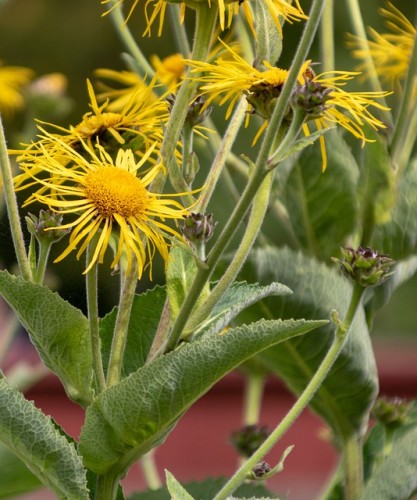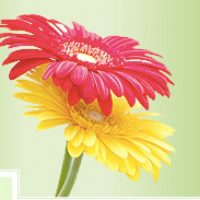All posts tagged inula helenium
Horseheal for Lung Health
Horseheal, also known as wild sunflower, scabwort, and botanically referred to as elecampagne, or inula helenium, is a flowering plant belonging to the sunflower family Continue reading [...]

